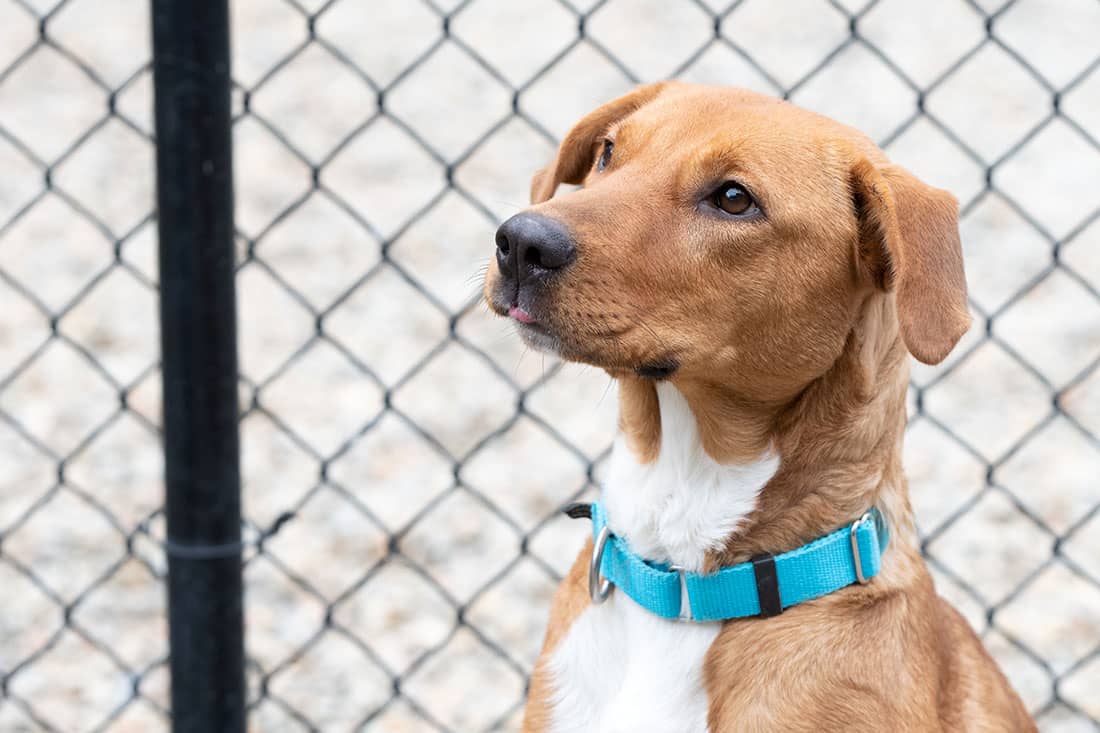The Advantages of Very Early Dog Training for a Mannerly Family pet
Necessary Tips for Effective Dog Training: An Overview for Pet Owners
Efficient canine training is a diverse process that calls for a calculated technique customized to both the animal's temperament and the proprietor's purposes. Secret components such as establishing constant commands, utilizing positive support, and helping with very early socializing play critical functions in promoting a well-adjusted canine companion. Several pet dog owners experience obstacles that can prevent development, leading to disappointment and unpredictability. Comprehending exactly how to browse these obstacles can considerably improve the training experience, ultimately changing the connection in between proprietor and pet dog. What are the necessary techniques that can be employed to make certain success in this endeavor?
Understanding Canine Behavior
Comprehending dog habits is vital for effective training and promoting a harmonious connection in between dogs and their proprietors. Canines connect mainly via body language, articulations, and actions, making it critical for owners to interpret these signals precisely. Identifying a pet dog's position, tail setting, and ear positioning can supply insights right into its emotion. As an example, a wagging tail does not always show happiness; it can likewise signify excitement or stress and anxiety.

Socializing plays a significant duty in dog actions; direct exposure to numerous environments, individuals, and various other pets can dramatically impact a dog's character. In addition, factors such as breed qualities and private personality need to direct training approaches, as some types may have details behavioral traits that demand customized methods. By understanding these components, owners can develop a helpful atmosphere that encourages favorable behavior, bring about successful training end results and a deeper bond with their pets.
Developing Consistent Commands
Efficient communication with your pet begins with establishing regular commands. This fundamental aspect of training is crucial for promoting understanding in between you and your family pet. Consistency in the commands you utilize ensures that your pet dog can accurately connect details words or phrases with the preferred actions.
When choosing commands, pick clear, distinct words that are simple to claim and separate from one another. Stay clear of using similar-sounding commands that might confuse your pet dog. For instance, utilizing "rest" and "stay" is ideal, however "sit" and "hit" could lead to misunderstandings.
Furthermore, keep the exact same tone and quantity for each and every command. Dogs are sensitive to vocal hints, so differing your tone can develop complication.
It is similarly essential to guarantee that all relative get on the exact same page concerning the commands used. A united front in command use will certainly avoid mixed signals and enhance the discovering process.
Positive Support Methods
The power of positive support in pet dog training hinges on its ability to urge wanted behaviors via benefits and appreciation. This technique is based in the principle that actions followed by favorable results are much more most likely to be duplicated. By incorporating positive reinforcement right into your training regimen, you can properly shape your pet's behavior in a constructive manner.
To apply favorable support, it's important to recognize what motivates your dog, whether it be deals with, playthings, or spoken appreciation. When your dog does a preferred action, such as remaining on command, immediately reward them with a reward or affection. This organization between the command and the positive end result reinforces their understanding.
It's crucial to timing the incentives correctly; providing the support within seconds of the preferred behavior assists your dog make the connection (dog training). Furthermore, consistency is vital-- ensure that all relative make use of the very same commands and reward systems to stay clear of confusion

Slowly, you can minimize the regularity of deals with as your pet dog discovers the actions, transitioning to commend or recurring incentives. This method not only promotes a strong bond in between you and your pet yet also promotes a positive learning environment, making training a pleasurable experience for both.
Socialization and Interaction
Regularly subjecting your canine to a range of atmospheres, people, and other animals is crucial for their social development. Socializing needs to begin early, ideally throughout the crucial home window of 3 to 14 weeks, when puppies are most responsive to brand-new experiences. Nonetheless, older pets can likewise take advantage of ongoing socialization initiatives.
Introduce your dog to different setups, such as parks, pet-friendly shops, and urban areas. This exposure helps them adjust to different stimuli, decreasing anxiety and fear actions. Encourage positive communications with other pet dogs and people, guaranteeing that these experiences are safe and regulated to promote confidence.
Make use of structured playdates with genteel dogs, as this can improve your pet dog's social abilities and instruct them appropriate habits. Obedience classes and training sessions also supply outstanding chances for socializing, permitting your pet dog to communicate with others in a supervised setting.
Screen your pet dog's body language throughout communications, as this will certainly help you evaluate their comfort degree. Progressively increase direct exposure to more difficult scenarios while guaranteeing that each experience is favorable. A well-socialized canine is a lot more most likely to display balanced actions, making them a delight to have in any setting.
Dealing With Usual Training Obstacles
Every dog proprietor will experience training challenges at some point, despite their pet's age or socialization level. Identifying usual issues such as stubbornness, diversions, and fearfulness can help in creating effective strategies for renovation.

Interruptions during Full Article training sessions can thwart emphasis. To combat this, begin training in a quiet environment with minimal stimuli. Gradually introduce distractions as the dog becomes much more proficient in commands. Short, frequent training sessions are also effective in maintaining focus.
Fearfulness can hinder a dog's learning procedure. Steady desensitization to the resource of worry, matched with positive support, can aid alleviate anxiousness. Perseverance is important; never require a canine into a scenario that triggers distress, as this may exacerbate the concern.
Eventually, understanding and dealing with these common obstacles with a structured approach will certainly foster a more effective training experience, enhancing the bond between pet and owner while advertising efficient knowing.
Conclusion
In recap, successful pet training counts on an extensive understanding of canine behavior, the facility of constant commands, and the application of favorable reinforcement strategies. Socializing plays a critical duty in developing well-adjusted family pets, while dealing with usual training challenges needs patience and flexibility. By carrying out these important strategies, family pet proprietors can promote a solid bond with their canines and promote preferable actions, ultimately bring about a harmonious connection in between humans and their canine buddies.
Recognizing dog habits is crucial for effective training and promoting an unified partnership between canines and their owners.Socializing plays a substantial role in canine habits; direct exposure to numerous environments, people, and various other pets can significantly impact a pet dog's personality.The power of positive reinforcement in pet dog training exists in its ability to motivate wanted behaviors with incentives and praise. By integrating positive support right into your training program, you can efficiently shape your pet dog's habits in a positive manner.
In recap, effective pet training counts on a thorough understanding of canine informative post habits, the facility of constant commands, and the application of positive reinforcement methods.